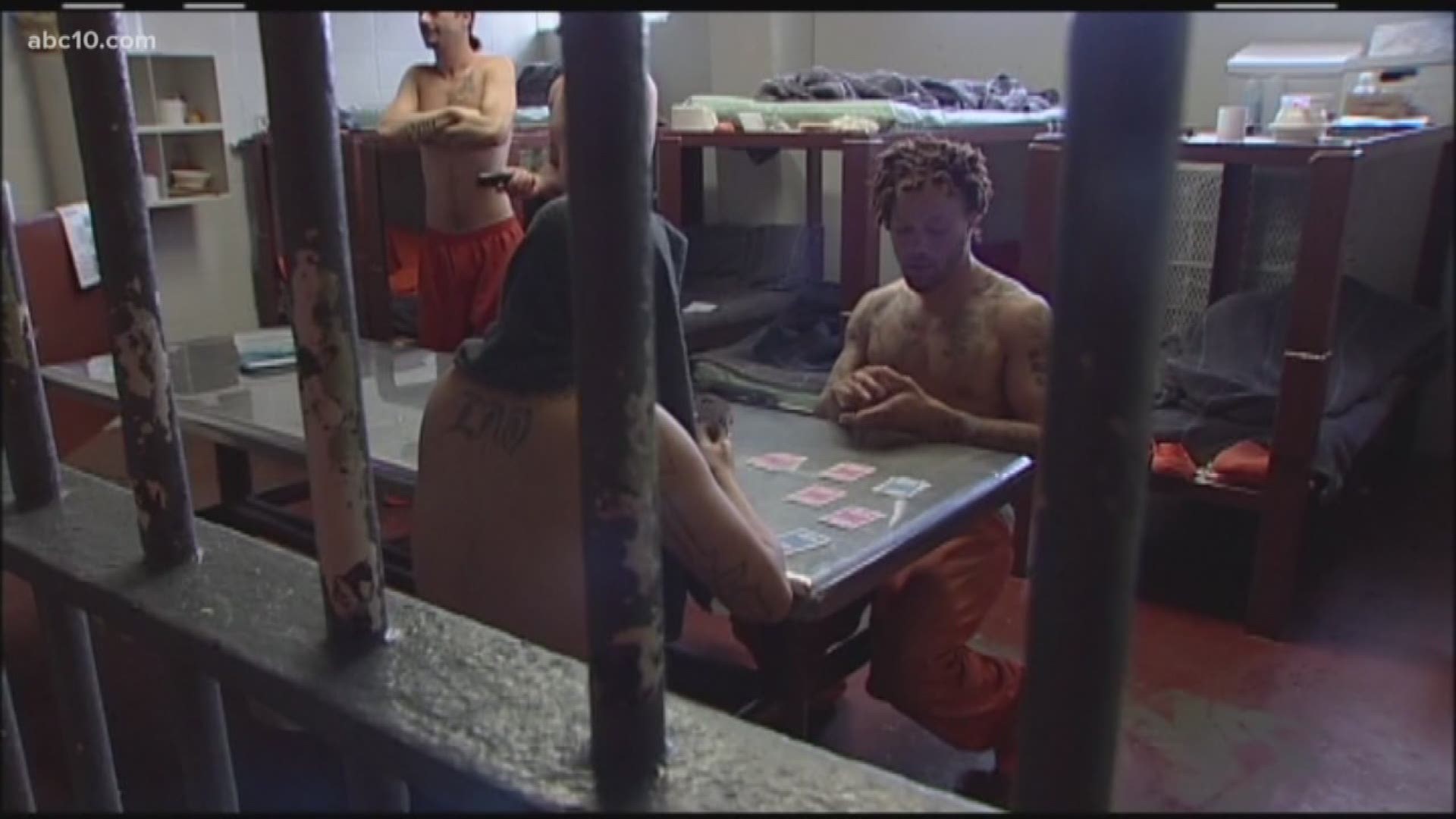If you're viewing on the ABC10 App, tap here for multimedia.
A host of legislative bills will be waiting for Governor Jerry Brown's approval after being approved in the past week.
The bills include policies impacting school start times, wildfire response, net neutrality, a 4 a.m. last call, and an age restriction for gun purchases. Many of the bills were contentious in the legislature, however, they have all managed to pass both houses.
Bills to be presented to the Governor
The bill prohibits fixed and mobile internet service providers that offer broadband internet service from taking certain actions that would interfere with a consumer’s ability to access content on the internet. It would also prevent providers from performing actions that include blocking content, speeding up or slowing down traffic, engaging in paid-prioritization, and selectively zero-rating specific content.
Opponents argued that the bill is more restrictive than rules in the FCC’s 2015 Open Internet Order. The California Cable and Telecommunication Association had said the bill would result in unnecessary and costly litigation.
According to Senate Analysis, the net neutrality principle is based on ISP’s enabling access to all websites and content without interfering or favoring specific content. The bill’s author says that the bill helps to ensure an open internet.
The bill would raise the legal age of buying a rifle or shotgun in California from age 18 to age 21.
Opponents argued that the focus should be on preventing individuals with mental illness from acquiring guns.
Statistics from the California Chapters of the Brady Campaign to Prevent Gun Violence claimed that "maturity, impulsiveness or reckless behavior, and responsibility" vary among 18 to 20-year-olds and, if those play a factor in people under 21 not being able to rent a car or purchase a handgun, then it should also apply to long guns. The bills lead co-author State Senator Rob Bonta added that individuals age 18 to 21 disproportionately commit more gun homicides and use guns in suicides.
The bill allows for a pilot program to begin in nine California cities. Sacramento would be one of the cities allowed to begin a pilot program, however, each city would need to develop its own rules for a later closing time.
The Alcohol Policy Panel of San Diego County opposed the bill and argued that there will be increases in alcohol consumption and related problems, which could include violence, emergency room admission, injuries, impaired driving, and crashes.
The California Music & Culture Association has argued that the current closing model does not take into account diverse communities and varying needs. Local communities should be able to develop local plans. The bill's author, Senator Scott Weiner, touted the bill's passage and added that cities should be able to decide on a nightlife for themselves.
The bill would make “microenterprise home kitchens” a new category of a retail food facility. Cities or counties would be able to authorize and permit these establishments operated by residents in a private home. These facilities would have the requirements of a restricted food service facility, but with exemptions to accommodate differences between the home kitchen and a commercial kitchen.
Those who oppose the bill have concerns about the preparation of hazardous foods in home kitchens and that it broadens cottage food laws in a way that would put the public at risk.
Supporters, like the C.O.O.K Alliance, have argued that the bill allows home cooks to use their skills to generate income. It would also protect consumers by making sure public officials have access to kitchens where food is prepared.
5. SB-100: 100 percent clean energy by 2045
The bill would increase the Renewables Portfolio Standard requirement from 50 percent by 2030 to 60 percent. It would also plan to meet the state’s retail electricity supply with a blend of RPS-eligible and zero-carbon resources by Dec. 31, 2045, for 100 percent clean energy.
Opponents have presented arguments in favor of preventing increased costs to ratepayers, and the California Manufacturing Technology Association reasoned that the bill comes too soon since SB 350 updated RPS requirements to 50 percent.
The author, Senator Kevin De Leon, has argued that California can “dramatically expand clean energy,” grow the economy, and put people to work. It would also help California lead the nation in addressing climate change.
SB 901 addresses wildfire prevention and response, fuel reduction and forestry policies, wildfire mitigation plans by electric utilities, and cost recovery by electric corporations of wildfire-related damages.
Opponents focused on impacts to ratepayers; arguments claimed that the bill created more opportunities for utilities to pass costs on to ratepayers for past and future mismanagement and negligence.
Supporters for the bill have addressed protection of cost recovery by victims of wildfires, policies for forestry management, mutual aid funds and pre-positioning of local fire resources, updated utility wildfire mitigation plans, and upgrades, and protection for utility workers from the potential bankruptcy or reorganization of an electrical corporation.
This bill would change the school day for middle schools and high schools to begin no earlier than 8:30 a.m. by July 1, 2021.
Opposition to the bill has argued that the bill does not consider impacts, ranging from parent drop-off times and work hours to impacts on extra-curricular activities and athletics programs.
The bill's author, Senator Anthony J. Portantino, has cited research on the negative effects of sleep deprivation on youth and that a later start time for schools could help improve attendance rates and reduce tardiness.

